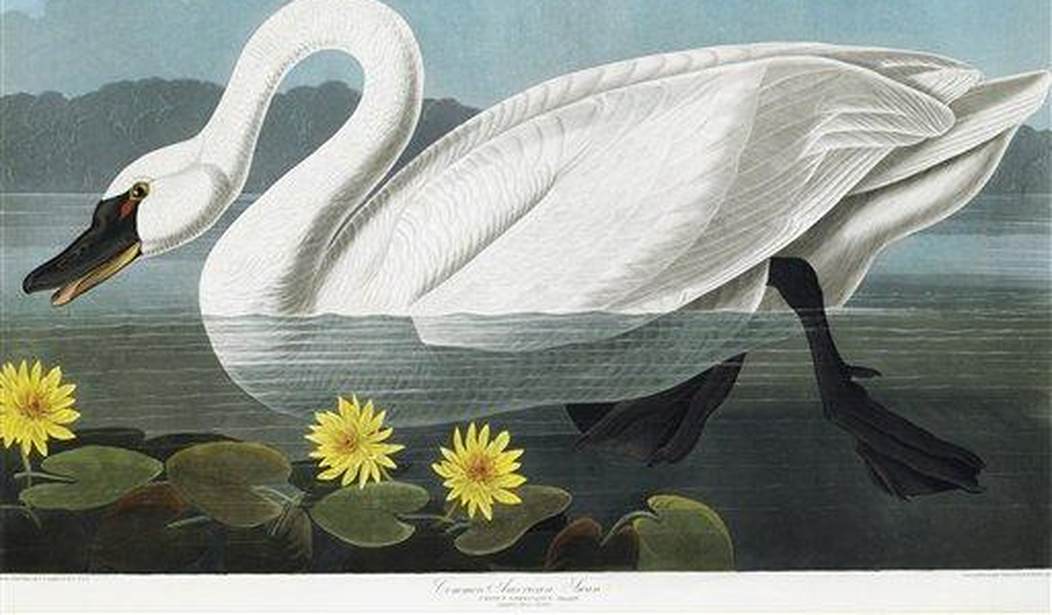Formed in 1905, more than fifty years after its namesake’s death, the National Audubon Society has long been recognized as one of the premiere organizations dedicated to the study of birds. John James Audubon himself was recognized as a naturalist, a painter, and a writer. But the society has come under attack in recent years by people insisting that it needs to change its name to something more “appropriate” for the modern era. The reason is that records show that Audubon bought and sold at least a handful of slaves in the 1820s and 1830s. The group’s board of directors recently held a meeting after commissioning a review of his life. While admitting that Audubon was a “problematic” figure, they elected to not change the name. This led to protests and denunciations and the resignation of three board members. (NPR)
Famous naturalist John James Audubon “did despicable things” and supported his work by buying and selling enslaved people — and that’s according to the organization that bears his name. But the National Audubon Society’s board of directors rejected the idea of changing its name this week, setting off resignations amid plans from local groups to rename themselves anyway.
This week’s vote focused on whether the nonprofit should to decide whether to keep Audubon’s name or change it. No new names were considered as possible alternatives.
The organization cited two main reasons for keeping Audubon’s name: it’s grappling with the critical challenge facing birds and other wildlife due to climate change and other pressures; and it believes the name of the group, founded some 50 years after Audubon’s death, “has come to represent so much more than the work of one person.”
The specifics of Audubon’s history regarding the issue of slavery are a bit fuzzy because we’re talking about events that predate the civil war. But it seems fairly well established that he did purchase two slaves and a boat when moving his family to New Orleans in 1819. He sold both the men and the boat after they arrived. Then, at some point in the 1820s he apparently purchased either two or three more slaves, once again selling them before moving his family to England. He also published opinion pieces critical of emancipation, so I suppose it’s fair to say that he was pro-slavery.
Of course, like so many others from that era, John Audubon was a man of his times. Whether or not his contributions to ornithology and the study of nature should be erased because of his views is left to the reader, but the majority of the society’s board of directors didn’t find his history to be sufficiently problematic to erase the brand entirely. They do note some of the “despicable” things he did and said on the society’s website, however.
In addition to three of the board members quitting, a number of local birding groups have either already changed their names or are in the process of doing so. These include groups based in Washington, Seattle, Chicago and Portland. Most of them have that option because the various birding groups using Audubon’s name are not a single homogeneous organization. Many are local organizations that aren’t directly affiliated with the National Audubon Society.
What we’re seeing here appears to be a parallel to the push to tear down Confederate monuments and statues. This has always struck me as a form of negative virtue signaling. Slavery took place in the early days of the United States. The Civil War really happened. Attempting to erase history won’t change those things and knowing our history doesn’t mean that you are endorsing some of its darker chapters. Unfortunately, none of that appears to matter to the vocal activists pushing these changes, so now John James Audubon will have to be canceled.







Join the conversation as a VIP Member